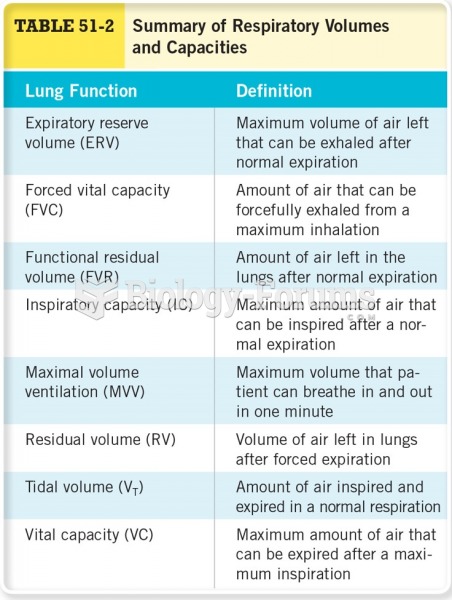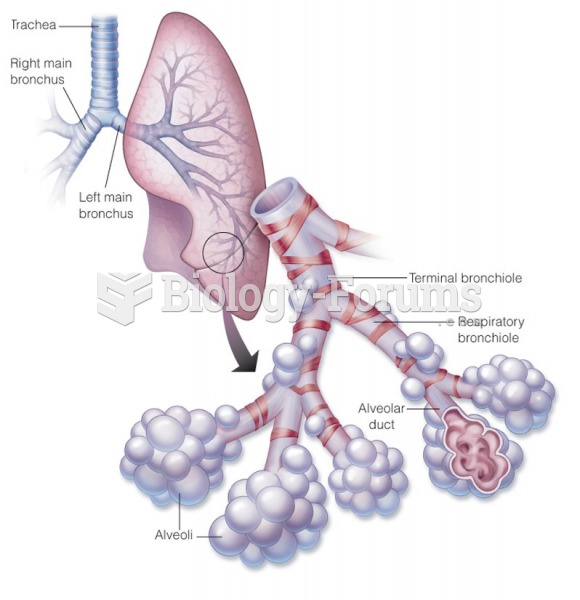|
|
|
Did you know?
Barbituric acid, the base material of barbiturates, was first synthesized in 1863 by Adolph von Bayer. His company later went on to synthesize aspirin for the first time, and Bayer aspirin is still a popular brand today.
Did you know?
Blood in the urine can be a sign of a kidney stone, glomerulonephritis, or other kidney problems.
Did you know?
ACTH levels are normally highest in the early morning (between 6 and 8 A.M.) and lowest in the evening (between 6 and 11 P.M.). Therefore, a doctor who suspects abnormal levels looks for low ACTH in the morning and high ACTH in the evening.
Did you know?
The average adult has about 21 square feet of skin.
Did you know?
If you could remove all of your skin, it would weigh up to 5 pounds.
 Apply direct thumb pressure into points along the upper trapezius from base of neck to shoulder. ...
Apply direct thumb pressure into points along the upper trapezius from base of neck to shoulder. ...
 Apply L stroke under the mandible. Place your middle and ring fingers under the tip of the chin; ...
Apply L stroke under the mandible. Place your middle and ring fingers under the tip of the chin; ...





